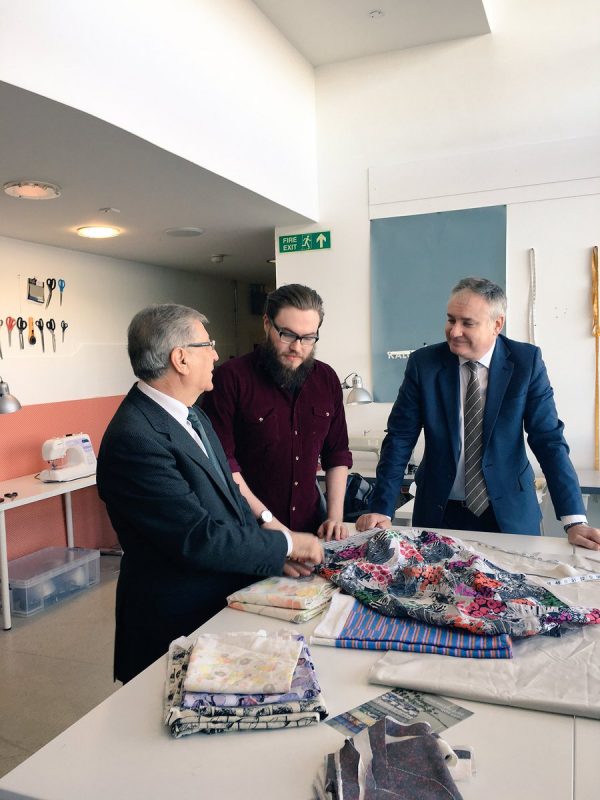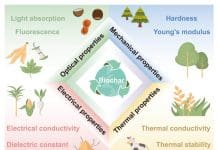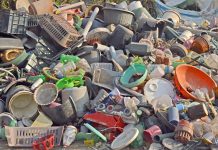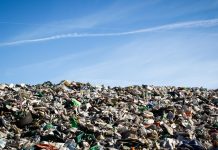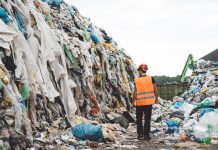Karmenu Vella, EU Commissioner for the Environment highlights why Europe needs a circular economy.
Everyone who looks closely at the economic and environmental realities of the world today agrees that the ‘take, make, use and throw away’ economy is the model of the past. In an age where the global population grows by 200,000 every day, these ways of thinking are no longer sustainable.
What Europe needs is a positive vision for economic development. We need a new model, where we use resources more efficiently to boost Europe’s competitiveness. A model that retains precious resources in the production chain, and exploits the economic value they contain to the full. What we need, in short, is a more circular economy.
In a circular model, products are designed to be used for as long as possible, easily repaired and, once they reach the end of their lives, recycled or disposed of effectively. This brings major environmental benefits, as resources are used efficiently and waste is reduced. But the economic opportunities are just as big.
Studies show that a shift towards a circular economy could bring savings of €600bn for EU businesses, and reduce greenhouse gas emissions by 2 to 4% every year. There is also significant employment potential with low, medium and high-skill jobs in eco-design, engineering, waste sorting and recycling, and in new services based on renting or sharing products. A circular economy promotes innovative technologies that give European companies a competitive edge, and it benefits consumers, who enjoy more durable and innovative products.
The European Commission presented a package on the circular economy in December 2015 showing how this future can be achieved, with a legislative proposal on waste and an Action Plan for the economy.
The waste proposal acknowledges a hard truth: waste in the EU could be better managed. Only 36% is effectively recycled, and 37% is sent for disposal, wasting precious resources that the EU cannot afford to lose. Recycling rates reach 80% in some countries, while in others they languish below 5% (the UK recycled 45% of its municipal waste in 2014, which is above the EU average of 43%). What we propose is a plan for raising that average, while still taking into account the differences between Member States.
Food waste is an area of particular concern. The UN Sustainable Development Goals adopted last September include a target to halve food waste by 2030. The Commission is committed to helping EU Member States deliver on this target.
The circular economy is not just about recycling. It’s about the whole lifecycle of products. It’s about incorporating sustainability into products from the outset – rethinking design, rethinking production processes, giving better choices to consumers, and changing existing business models.
The UK already has a number of champions in this area. On a recent visit to Scotland, I saw how Kalopsia, a textile company in Edinburgh, is putting the circular economy into action. Their “Facility Space” is a communal area that encourages fashion and textile designers to work more sustainably by sharing skills and ideas, using machines that would otherwise lie idle, and utilising offcuts and waste.
The Bay, a fish and chip shop in North East Scotland, is another beacon – a small company that takes care of resources at all stages of their activities. They monitor their electricity, gas and water use, reduce food waste, recycle extensively and minimise their carbon footprint. Their efforts took them to the shortlist in the European Commission’s 2014-2015 European Business Awards for the Environment.
These trends are very real, but they need more support. This is why I was delighted to hear about Scotland’s ambitious plans for a more circular economy. We are looking forward to working with Scotland to help “Make Things Last” and turn a circular economy into a reality.
Europe is home to many energy-efficient, low-carbon and resource-efficient technologies, and many small and medium enterprises are ready to make the shift. But these investments are sometimes perceived as risky. EU finance can help. To reinforce circular economy related innovation and attract investors, the EU is mobilising European Structural and Investments Funds, its flagship Research and Innovation Programme Horizon 2020, and working closely with the European Investment Bank. The ‘Industry 2020 in the Circular Economy’ initiative will grant over €650m to innovative demonstration projects.
One major support and funding tool is the European Fund for Strategic Investments (EFSI). This can help raise private finance, especially in areas where commercial banking is still hesitant to get involved.
But we need to do more. We need to channel private sector funding towards these new opportunities. In the coming months a series of initiatives are planned to help businesses and consumers continue to move towards a circular economy. The circular economy will also be on the agenda at Green Week, Europe’s biggest annual event on environment policy, which will take place from 30 May to 3 June. Focusing on the theme ‘Investing for a greener future’, discussions will zoom in on opportunities and challenges of green finance.
With the circular economy, we are looking at a triple win. Society can win through job creation, savings for businesses and lower carbon emissions. It’s a major opportunity – let’s make sure we grasp it.
Karmenu Vella
Commissioner for Environment, Maritime Affairs and Fisheries
European Commission

